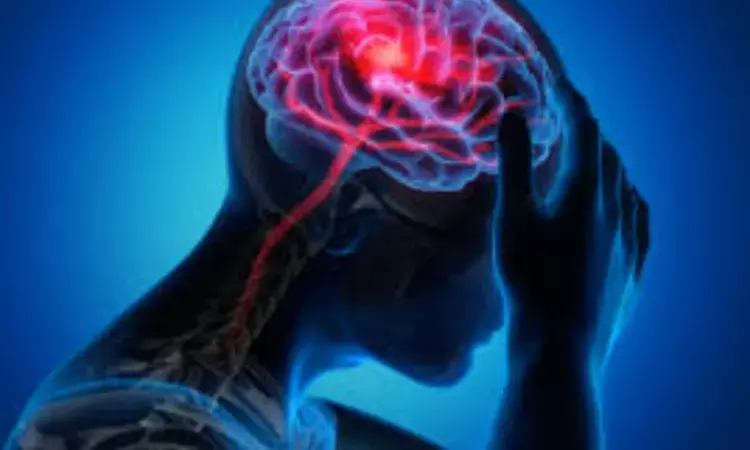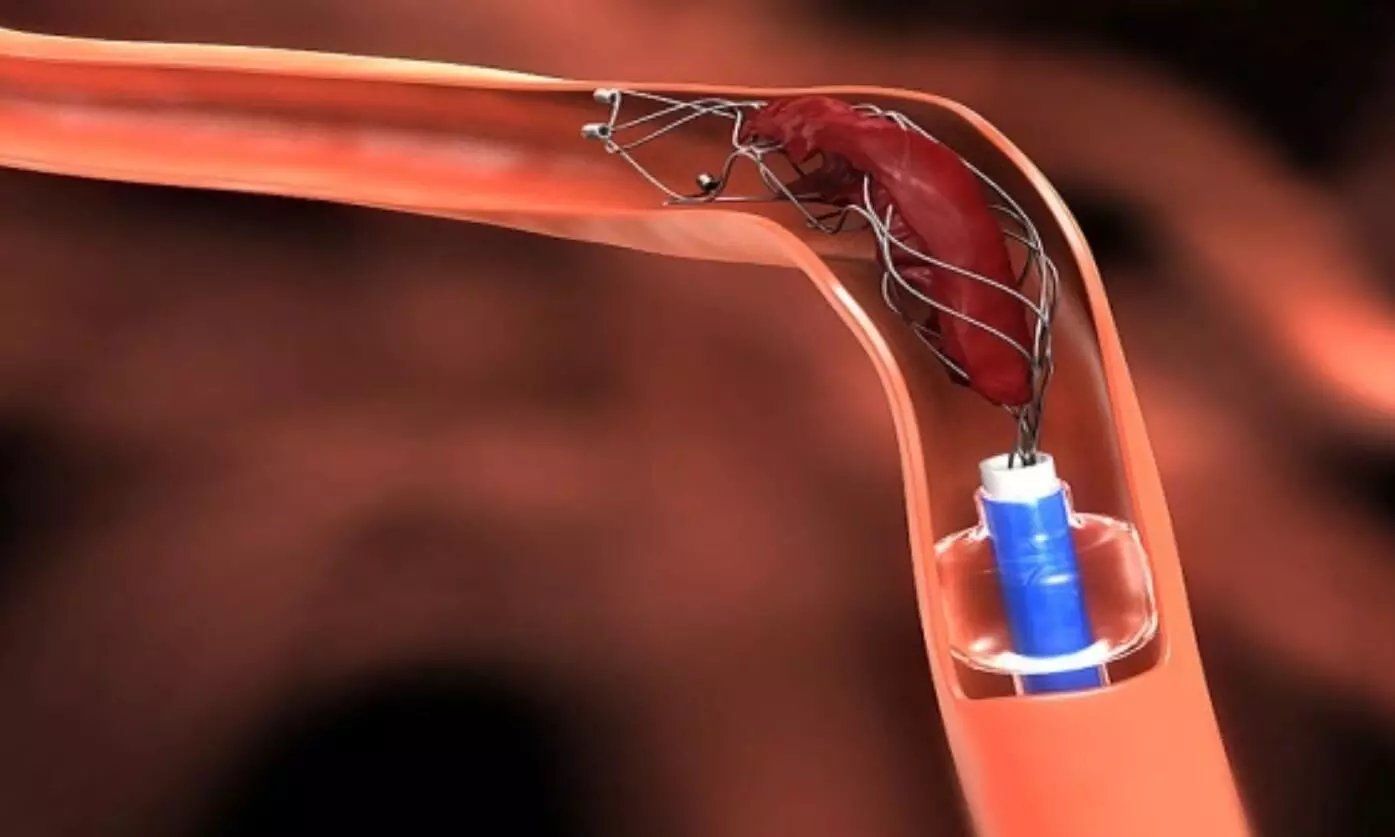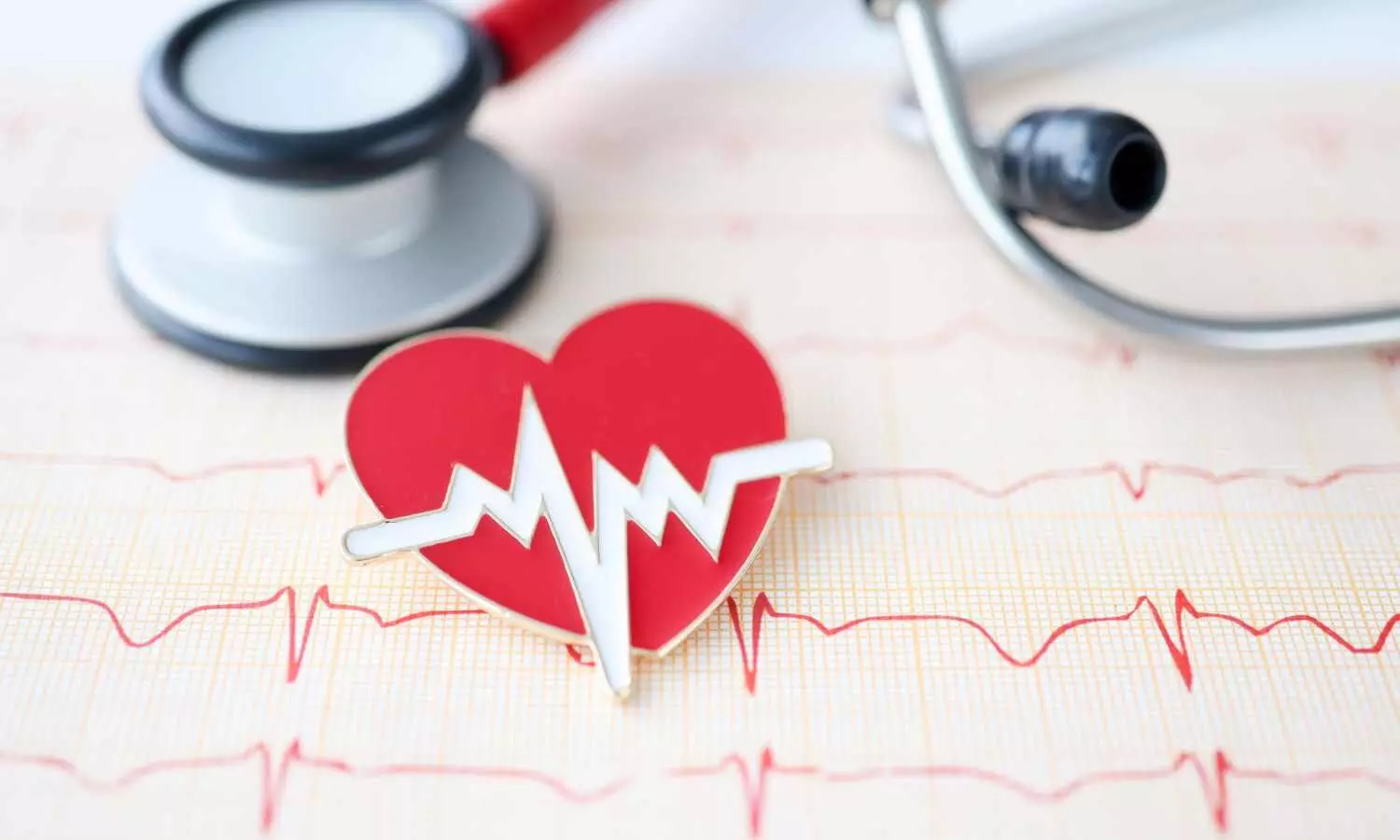- Home
- Medical news & Guidelines
- Anesthesiology
- Cardiology and CTVS
- Critical Care
- Dentistry
- Dermatology
- Diabetes and Endocrinology
- ENT
- Gastroenterology
- Medicine
- Nephrology
- Neurology
- Obstretics-Gynaecology
- Oncology
- Ophthalmology
- Orthopaedics
- Pediatrics-Neonatology
- Psychiatry
- Pulmonology
- Radiology
- Surgery
- Urology
- Laboratory Medicine
- Diet
- Nursing
- Paramedical
- Physiotherapy
- Health news
- Fact Check
- Bone Health Fact Check
- Brain Health Fact Check
- Cancer Related Fact Check
- Child Care Fact Check
- Dental and oral health fact check
- Diabetes and metabolic health fact check
- Diet and Nutrition Fact Check
- Eye and ENT Care Fact Check
- Fitness fact check
- Gut health fact check
- Heart health fact check
- Kidney health fact check
- Medical education fact check
- Men's health fact check
- Respiratory fact check
- Skin and hair care fact check
- Vaccine and Immunization fact check
- Women's health fact check
- AYUSH
- State News
- Andaman and Nicobar Islands
- Andhra Pradesh
- Arunachal Pradesh
- Assam
- Bihar
- Chandigarh
- Chattisgarh
- Dadra and Nagar Haveli
- Daman and Diu
- Delhi
- Goa
- Gujarat
- Haryana
- Himachal Pradesh
- Jammu & Kashmir
- Jharkhand
- Karnataka
- Kerala
- Ladakh
- Lakshadweep
- Madhya Pradesh
- Maharashtra
- Manipur
- Meghalaya
- Mizoram
- Nagaland
- Odisha
- Puducherry
- Punjab
- Rajasthan
- Sikkim
- Tamil Nadu
- Telangana
- Tripura
- Uttar Pradesh
- Uttrakhand
- West Bengal
- Medical Education
- Industry
Argatroban may Revolutionize Stroke Treatment, Offering Hope for Improved Outcomes

In a major leap forward in stroke care, a recent clinical trial has unearthed compelling evidence supporting the efficacy of argatroban in enhancing functional outcomes for patients experiencing acute ischemic stroke (AIS) with early neurological deterioration (END). The trial found that at 3 months, argatroban and antiplatelet therapy yielded better functional outcomes.
The trial results were published in the journalJAMA Neurology.
The trial conducted between April 2020 and July 2022, sheds light on the potential of this direct thrombin inhibitor to transform the landscape of stroke treatment.
The clinical trial, an open-label, blinded-endpoint, randomized study, enrolled adults grappling with AIS who exhibited END, defined as a substantial increase in National Institutes of Health Stroke Scale points within 48 hours from symptom onset.
Researchers set out to investigate whether incorporating argatroban into the treatment regimen could lead to more favorable functional outcomes for these patients.
This multicenter trial, involving 628 patients with a mean age of 65 years and 63.7% male participants, rigorously examined the impact of argatroban on functional recovery. Notably, 564 patients adhered to the complete protocol, providing robust data for analysis.
Patients were randomly assigned to either the argatroban group or the control group within 48 hours of symptom onset. Both groups received standard therapy based on guidelines, including oral mono or dual antiplatelet therapy. The argatroban group received an additional boost of intravenous argatroban for 7 days, with a continuous infusion at a dose of 60 mg per day for 2 days, followed by 20 mg per day for the subsequent 5 days. The primary endpoint of the study was a good functional outcome at 90 days, defined by a modified Rankin Scale score of 0 to 3.
Results:
- The argatroban group exhibited a remarkable 7.2% increase in the proportion of patients with good functional outcomes at the end of the treatment period compared to the control group (80.5% vs. 73.3%).
- This statistically significant improvement highlights the potential of argatroban in positively influencing functional recovery in stroke patients
- Importantly, the study found that the addition of argatroban did not significantly increase the risk of symptomatic intracranial hemorrhage when compared to the control group. This underscores the safety profile of the intervention.
- The promising outcomes of this trial suggest that argatroban could play a crucial role in reducing disability in patients experiencing early neurological deterioration following acute ischemic stroke. The implications of this breakthrough are profound, opening new avenues for innovative stroke therapies and instilling hope for improved outcomes in a population that often faces challenging prognoses.
In conclusion, this study not only adds a promising chapter to the evolving story of stroke treatment but also propels argatroban into the spotlight as a potential game-changer in the quest for enhanced recovery and improved quality of life for stroke survivors.
Further reading:
Zhang X, Zhong W, Xue R, et al. Argatroban in Patients With Acute Ischemic Stroke With Early Neurological Deterioration: A Randomized Clinical Trial. JAMA Neurol. Published online January 08, 2024. doi:10.1001/jamaneurol.2023.5093
BDS, MDS
Dr.Niharika Harsha B (BDS,MDS) completed her BDS from Govt Dental College, Hyderabad and MDS from Dr.NTR University of health sciences(Now Kaloji Rao University). She has 4 years of private dental practice and worked for 2 years as Consultant Oral Radiologist at a Dental Imaging Centre in Hyderabad. She worked as Research Assistant and scientific writer in the development of Oral Anti cancer screening device with her seniors. She has a deep intriguing wish in writing highly engaging, captivating and informative medical content for a wider audience. She can be contacted at editorial@medicaldialogues.in.
Dr Kamal Kant Kohli-MBBS, DTCD- a chest specialist with more than 30 years of practice and a flair for writing clinical articles, Dr Kamal Kant Kohli joined Medical Dialogues as a Chief Editor of Medical News. Besides writing articles, as an editor, he proofreads and verifies all the medical content published on Medical Dialogues including those coming from journals, studies,medical conferences,guidelines etc. Email: drkohli@medicaldialogues.in. Contact no. 011-43720751




